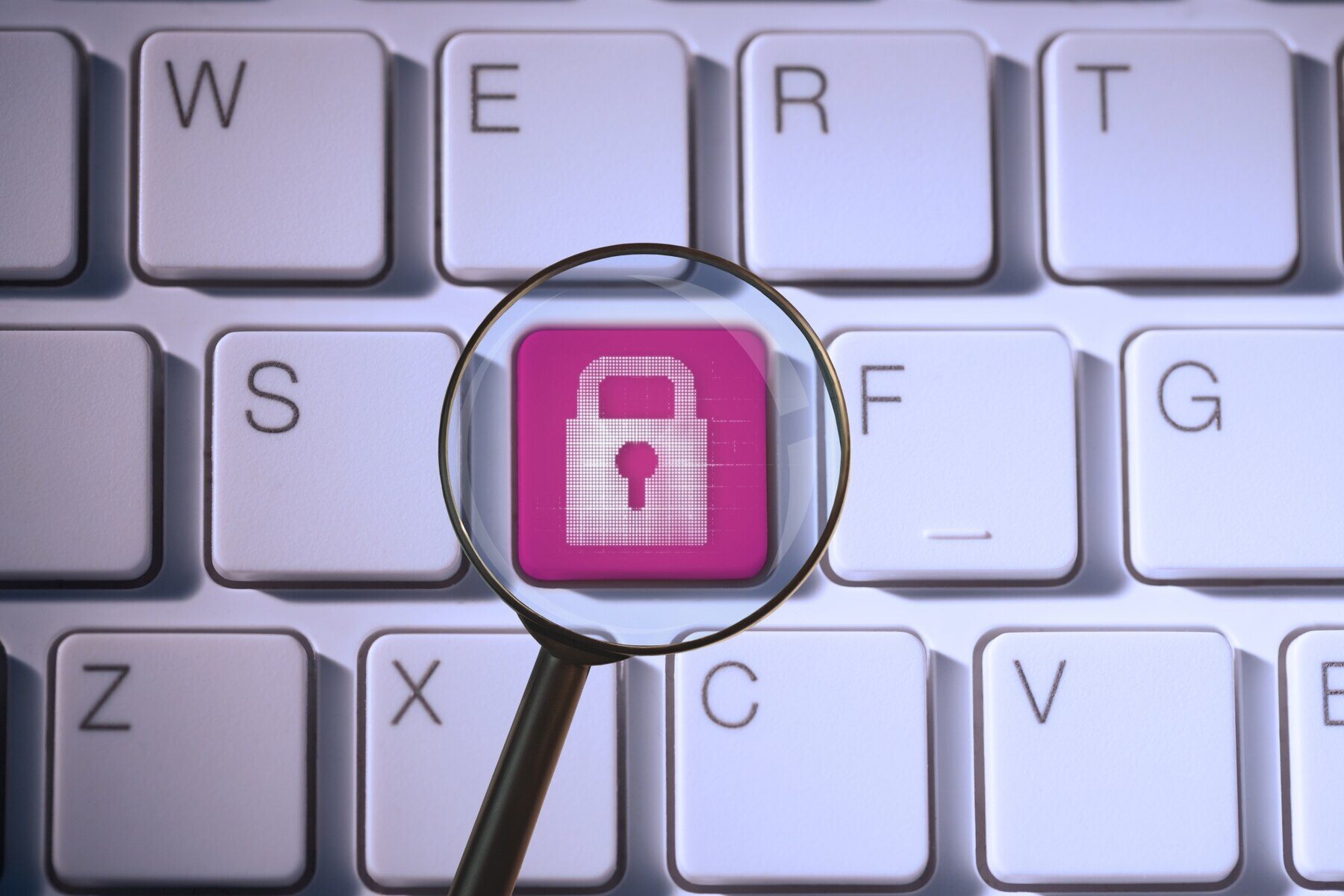Digital identity is an important key to inclusive economic growth in today's digital era. Digital identity refers to the electronic representation of a person or entity's identity in the form of digital data that can be used to recognize, verify, and authenticate individuals or entities in online transactions. A strong and trusted digital identity can play a crucial role in ensuring fair and equitable participation in the digital economy, which can drive sustainable, inclusive economic growth. In this article, we will explain the importance of digital identity for inclusive economic growth.
First, a trusted digital identity can help expand access to financial services for those who do not have access to the formal financial system. In many countries, many individuals or groups still need access to bank accounts, loans, or other financial products. A valid and trusted digital identity can solve this problem by enabling individuals or groups lacking a formally recognized identity to open a bank account or access digital financial products. As such, digital identity can help expand financial inclusion and empower individuals or groups previously unreached by the formal financial system, contributing to inclusive economic growth.
Second, a robust digital identity can increase trust and security in online transactions, driving digital economic growth. In the digital economy, secure and reliable online transactions are key to building trust among consumers, entrepreneurs, and investors. Verifiable digital-based identities can help reduce the risk of fraud, money laundering, and other illegal activities and increase consumer confidence in online transactions. In addition, secure digital identities can protect against fake identities or identity theft, reducing the risk of financial loss for individuals or entities in the digital economy. With increased trust and security in online transactions, digital economic growth can be boosted, and economic actors can be more comfortable in participating in the growing digital economy.
Third, a valid digital identity can open doors for access to public and social services, which can drive inclusive economic growth. A trusted digital-based identity can be used as a tool to access public services, such as healthcare, education, subsidies, and other social services. In many cases, digital identity can reduce bureaucracy and make it easier for individuals or groups to access the necessary public services.
VIDA CEO and Co-Founder Sati Rasuanto explains, "In the online world, VIDA believes that trust is the most crucial aspect because it allows us to trust an idea or product that we have never known before. The first step to protecting ourselves for digital platforms from cyber fraud is how we build a trust verification process at the beginning as an entry point."
For users, Sati emphasized the importance of not sharing personal data easily with outsiders, such as ID cards, selfies with ID cards, passport photos, boarding pass photos, account numbers, and credit card numbers, let alone the name of the biological mother, including photocopies of various documents. "These things are easy to remember. And of course, don't give OTP (One-Time-Password) codes and don't just click on links that promise prizes either, usually online, when it's too good to be true, it's usually a lie."
VIDA, as an Electronic Certificate Operator (PSrE) registered with the Ministry of Communication and Information, also emphasizes the importance of digital identity in various services to facilitate consumer needs. Rampant cybercrime cases hopefully make digital identity increase public trust in digital services, which is the foundation of financial inclusion. VIDA applies international security standards, including Public Key Infrastructure, biometrics, and network security, in providing digital identity services by utilizing electronic certificates.

.png)


